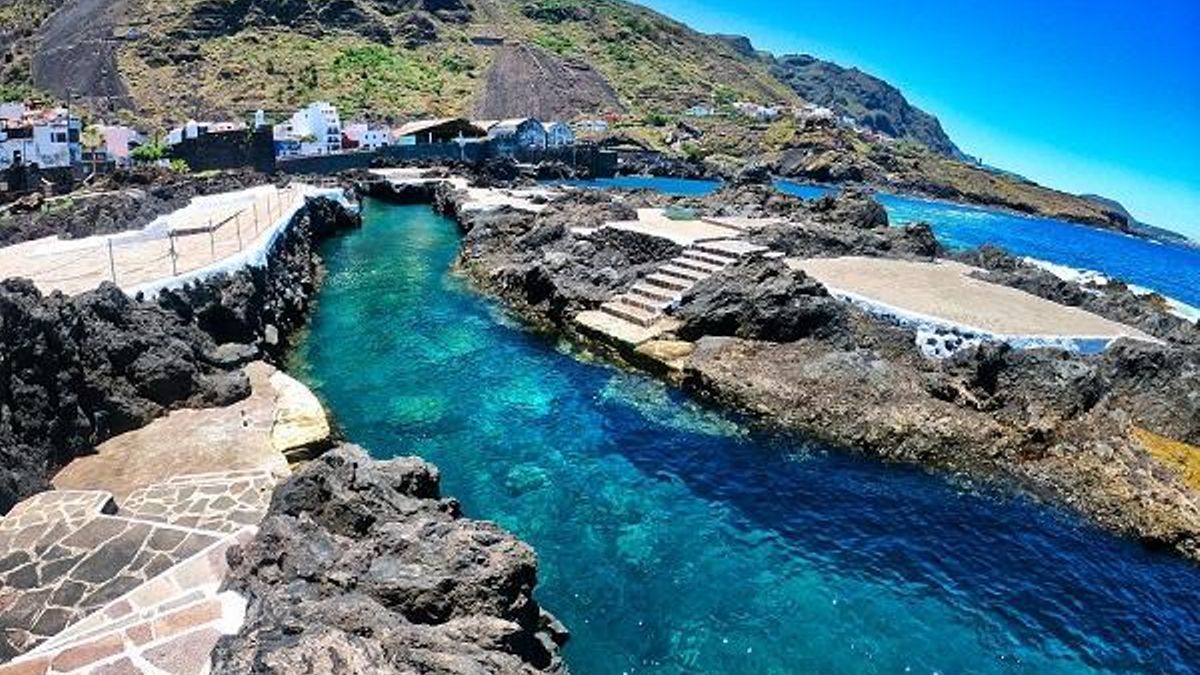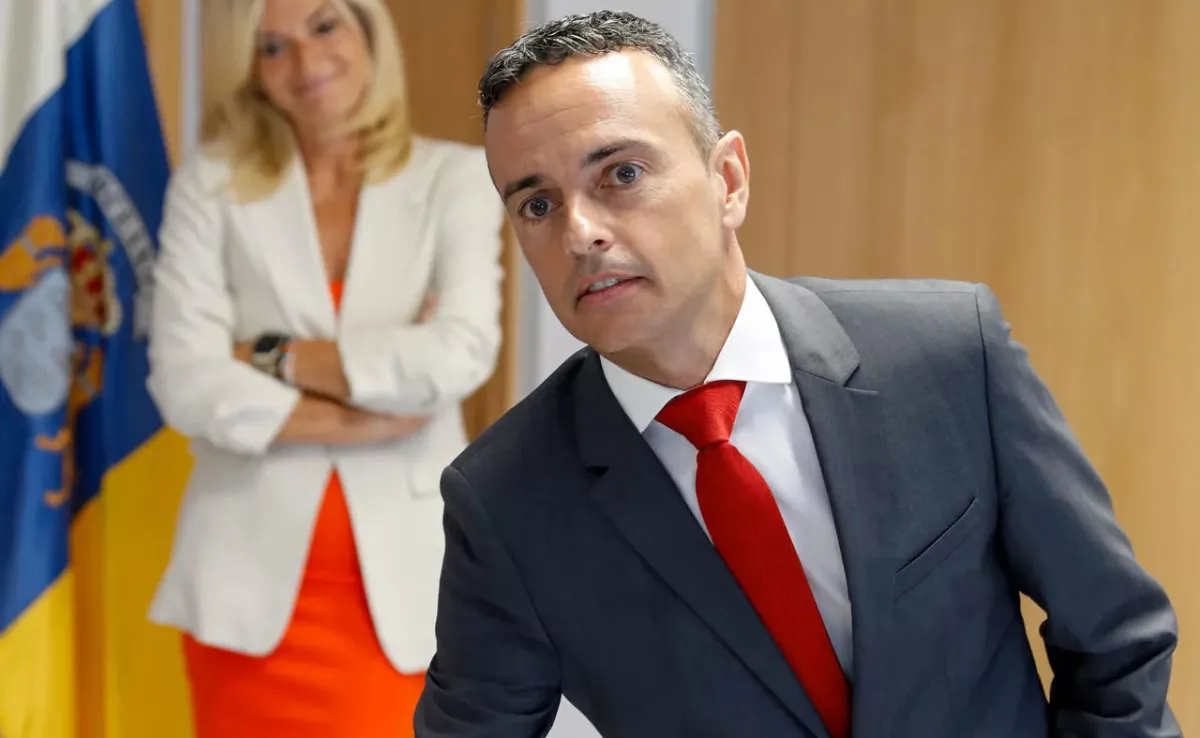Canary Islands Government President Advocates for Social Agreement on Work Hours

SANTA CRUZ DE TENERIFE, 27 Aug. (EUROPA PRESS) –
The President of the Canary Islands Government, Fernando Clavijo, expressed support on Wednesday for establishing a “major social agreement” among employers, trade unions, and public administrations regarding a potential reduction in working hours.
“That debate needs to happen,” he remarked to journalists following a meeting with UGT General Secretary Pepe Álvarez. He also argued that this issue should be presented to the Congress of Deputies, as it is “foolish” to deny that today’s world, with its technological advancements, is not the same as it was 40 years ago.
Clavijo stressed that the debate “is in the public domain” and there must be “progress, not only in productivity and corporate profits” but also “in the social rights of workers,” particularly at a time when inflation “has hit” families hard, as has access to decent housing.
He reiterated concerns about the so-called “working poor,” who have stable jobs yet sometimes find themselves dedicating almost 50% of their income to housing, which can render them socially vulnerable.
Therefore, he underscored the need for “social dialogue” similar to that which has occurred in the Canary Islands, showcasing “two successful models” in provincial agreements for tourism and hospitality.
Pepe Álvarez expressed satisfaction with the willingness of Coalición Canaria to facilitate discussions in the Congress of Deputies. He insisted that technological revolution necessitates changes in working hours—an adjustment that would be particularly beneficial for the Canary Islands, one of the regions with the highest average working hours in Spain.
He also noted that the archipelago faces a “great opportunity” to improve wages, emphasising that “workers must benefit, but so must the companies, the quality of work, and the quality of tourism.”
Regarding this subsector, he mentioned that “we must move towards quality,” which is “absolutely compatible” with environmental concerns, as it “forms part” of a destination’s wealth.
Álvarez also referred to housing as “one of the complex, challenging issues,” suggesting that urban planning for “large complexes” should be accompanied by social amenities and public housing.













